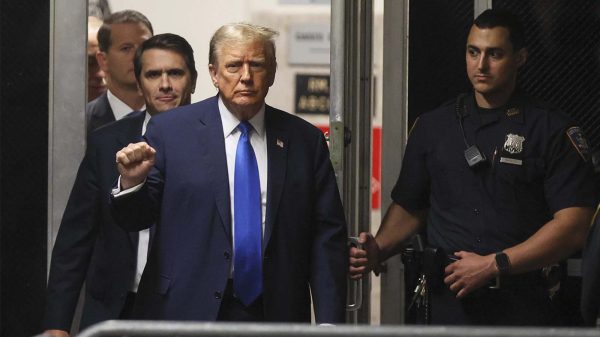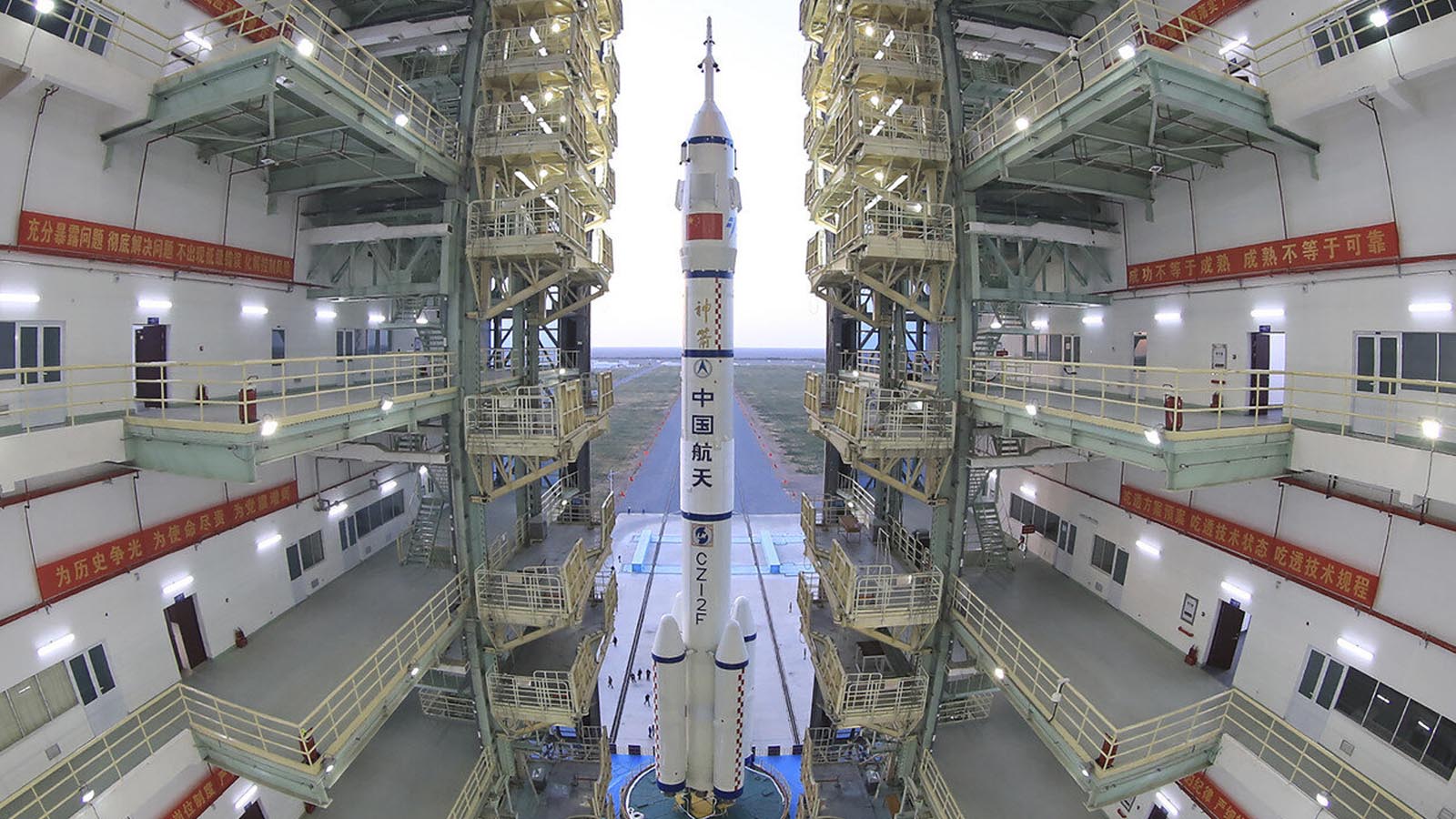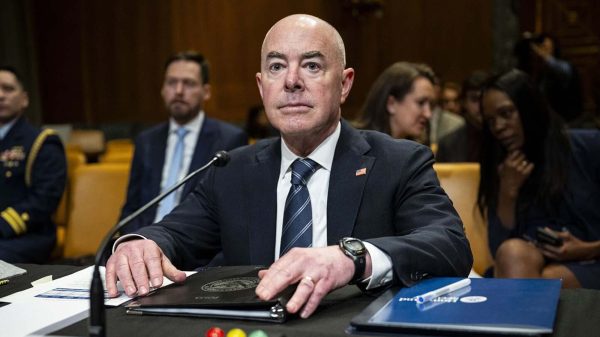The race to the moon between the United States and China is getting tighter and the next two years could determine who gains the upper hand.
So says NASA Administrator Bill Nelson, who warns that Beijing could establish a foothold and try to dominate the most resource-rich locations on the lunar surface — or even keep the U.S. out.
“It is a fact: we’re in a space race,” the former Florida senator and astronaut said in an interview. “And it is true that we better watch out that they don’t get to a place on the moon under the guise of scientific research. And it is not beyond the realm of possibility that they say, ‘Keep out, we’re here, this is our territory.’”
He cited an Earthly example in the South China Sea, where the Chinese military has established bases on contested islands. “If you doubt that, look at what they did with the Spratly Islands.”
Nelson’s hawkish comments follow NASA’s 26-day Artemis I mission, in which an uncrewed Orion space capsule flew around the moon. That mission, widely regarded as a success, was the first big step toward NASA’s plan to land astronauts on the lunar surface to begin building a more permanent human presence — which could come as early as 2025.
It also comes on the heels of Congress’ passage of a full-year budget for NASA. The agency did not get all the funding it requested, but Nelson insisted that the “have to haves” were not shortchanged. That includes the key components for the next two moon missions, Artemis II and Artemis III.
But looming ever-larger is China’s aggressive space program, including its recent opening of a new space station. Beijing has announced a goal of landing taikonauts on the moon by the end of this decade. In December, China’s government laid out its vision for more ambitious endeavors such as building infrastructure in space and creating a space governance system.
Any significant delays or mishaps in the U.S. program, which is counting on a series of new systems and equipment that are still under development, could risk falling behind the Chinese. And NASA’s moon-landing timeline has already slipped a year from the Trump administration.
Over the past few years, Beijing has launched a series of robotic landers and rovers to collect lunar samples — including for the first time ever on the far side of the moon — as well as an orbiter, lander and rover that reached Mars.
The U.S. military, which has also expressed growing concerns about Beijing’s development of space systems that could threaten U.S. satellites, has been sounding the alarm about the security implications of Beijing’s forays into deep space.
“It’s entirely possible they could catch up and surpass us, absolutely,” Space Force Lt. Gen. Nina Armagno said last month during a visit to Australia as China was launching its 10th crew to its Shenzhou space station. “The progress they’ve made has been stunning — stunningly fast.”
A recent Pentagon report to Congress highlighted a series of recent leaps for the Chinese space program.
It cited China’s pioneering ability to not just to land on the far side of the moon but to set up a communications relay using a satellite that was launched the year before between the Earth and the moon.
The report also found that China is improving its ability to manufacture space launch systems for human exploration farther into space.
Some NASA veterans are also watching with growing concern.
Terry Virts, a former commander of the International Space Station and Space Shuttle and a retired Air Force colonel, said the competition has political and security components.
“On one level, it is a political competition to show whose system works better,” he said in an interview. “What they really want is respect as the world’s top country. They want to be the dominant power on Earth, so going to the moon is a way to show their system is working. If they beat us back to the moon it shows they are better than us.”
But there are practical threats that a Chinese foothold on the moon could present, he added.
“There is potentially mischief China can do on the moon.”
Terry Virts, former commander of the International Space Station and Space Shuttle.
“There is potentially mischief China can do on the moon,” Virts said. “If they set up infrastructure there they could potentially deny communications, for example. Having them there doesn’t make things easier. There is real concern about Chinese meddling.”















Why is NASA So worried we’ve been there so many times or so they claimed, personally I think the jury is still out on that subject. I think NASA needs to come clean because for any of this to be successful they need we the people on board.
Don’t satellites fail occasionally out there some sooner! Maybe if some unknown spacecraft gets too close to our stronghold on the moon is not allowed to land as a violation of US security rules or law. Maybe shoot them down as an act of war.